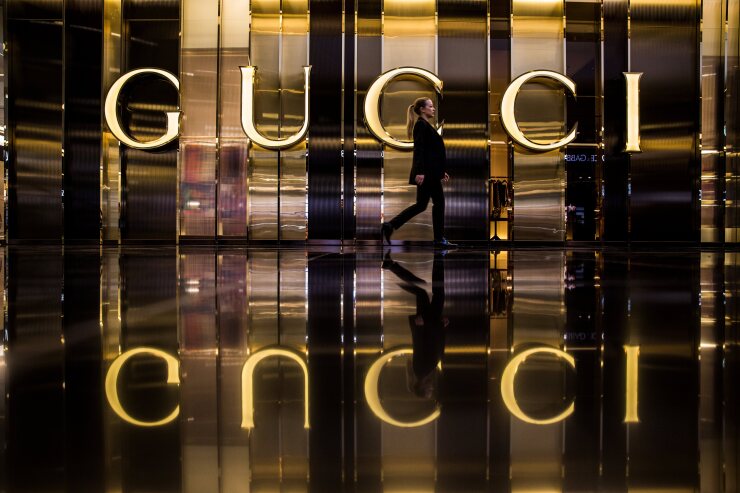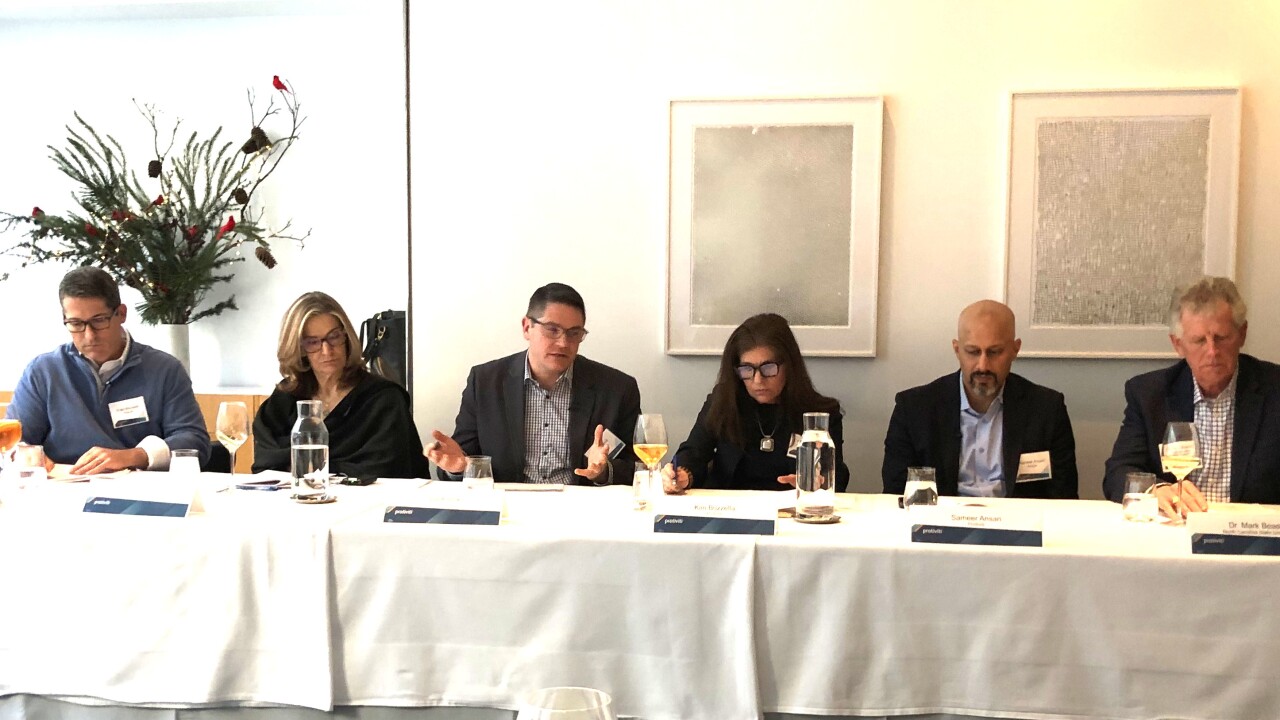A scandal that has cast a pall over Gucci’s blockbuster turnaround is spreading as Italian fiscal authorities probe more than a dozen of the luxury brand’s current and former executives over an alleged tax-avoidance scheme.
Gucci owner Kering SA agreed to pay 1.25 billion euros ($1.4 billion) in May this year to settle an investigation of the brand’s tax payments from 2011 to 2017. Italian authorities alleged that the luxury label funneled revenue through a Swiss logistics center to avoid paying higher rates in Italy.
After the settlement, the country’s tax agency is broadening its focus to individual managers’ pay during that period, documents reviewed by Bloomberg show. In August, officials notified current and former executives that they were being investigated over salaries they received from companies in Switzerland for work done for Gucci in Milan, according to people familiar with the matter. The executives could owe tens of millions of euros in back taxes, said the people, asking not to be identified discussing a private matter.

“Kering concluded a settlement with the Italian revenue agency that was announced on May 9, 2019,” Kering said in a statement. “There is nothing new in these allegations and there is nothing further to comment on.”
Representatives for the Italian tax agency and the prosecutor’s office declined to comment.
The tax scandal has shadowed Gucci, even as its parent company has become the luxury industry’s most vocal champion of ethical and environment causes. The Italian label has enjoyed a spectacular turnaround under Chief Executive Officer Marco Bizzarri, though growth has cooled in recent months.
Kering, which last year relinquished control of German sportswear company Puma SE, has become increasingly dependent on Gucci for profits. On Wednesday it announced plans to launch an offering of bonds convertible into Puma shares for 500 million euros. Proceeds will be used for general corporate purposes, the French company said.
Bizzarri is not included in the latest probe. The top executive settled a dispute over his taxes in 2017 under an amnesty program for repatriating earnings, according to people familiar with the situation. The earlier investigation also included his predecessor Patrizio di Marco, they said, though the former CEO has not settled.
Bizzarri declined to comment. Di Marco didn’t respond to a written request for comment.
Early stage
The tax authorities’ latest review is at an early stage and no criminal inquiries have been opened, the people said.
The broadening scrutiny could spark new costs for Kering. Like soccer stars, Gucci executives sometimes negotiated their salaries net of tax. Some would be likely to seek compensation from the company for any back taxes and penalties before accepting a settlement, according to one of the people familiar with the situation.
The original Italian investigation centered on business activities by a Kering subsidiary in Switzerland from 2011 through 2017, focusing on amounts that Gucci billed through a Swiss logistics center.
The new inquiry comes as Italian authorities step up scrutiny of fashion brands’ international operations, checking to see whether they are paying enough taxes back home. It focuses on more than 80 million euros of salaries paid by another Kering subsidiary in Switzerland, Luxury Goods Services, and a shell company in Luxembourg called Castera that may have been subject to Italian taxes, one of the people said.
Top Kering managers were directly involved in the decision to transfer executives to the Swiss arm although their activities remained principally in Milan, according to testimony cited in the documents reviewed by Bloomberg.
— Robert Williams and Sonia Sirletti
Bloomberg News





